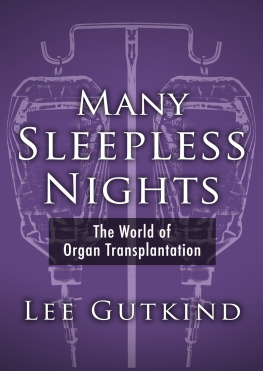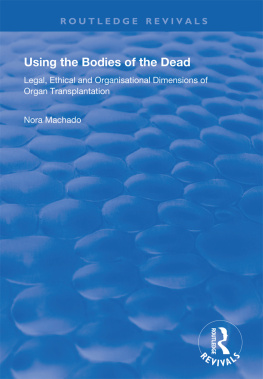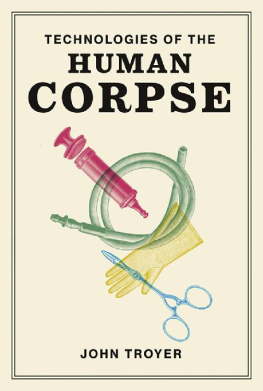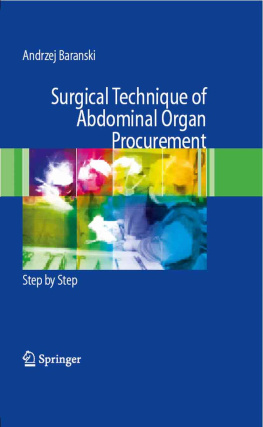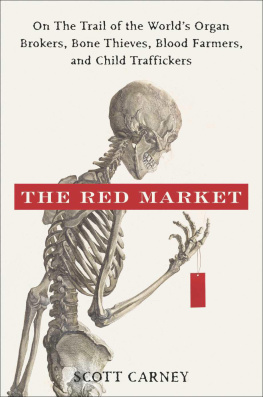Oliver Decker - Commodified Bodies: Organ Transplantation and the Organ Trade
Here you can read online Oliver Decker - Commodified Bodies: Organ Transplantation and the Organ Trade full text of the book (entire story) in english for free. Download pdf and epub, get meaning, cover and reviews about this ebook. year: 2016, publisher: Routledge, genre: Romance novel. Description of the work, (preface) as well as reviews are available. Best literature library LitArk.com created for fans of good reading and offers a wide selection of genres:
Romance novel
Science fiction
Adventure
Detective
Science
History
Home and family
Prose
Art
Politics
Computer
Non-fiction
Religion
Business
Children
Humor
Choose a favorite category and find really read worthwhile books. Enjoy immersion in the world of imagination, feel the emotions of the characters or learn something new for yourself, make an fascinating discovery.

- Book:Commodified Bodies: Organ Transplantation and the Organ Trade
- Author:
- Publisher:Routledge
- Genre:
- Year:2016
- Rating:4 / 5
- Favourites:Add to favourites
- Your mark:
Commodified Bodies: Organ Transplantation and the Organ Trade: summary, description and annotation
We offer to read an annotation, description, summary or preface (depends on what the author of the book "Commodified Bodies: Organ Transplantation and the Organ Trade" wrote himself). If you haven't found the necessary information about the book — write in the comments, we will try to find it.
Commodified Bodies examines the social practice of organ transplantation and trafficking and scrutinises the increasingly neoliberal tendencies in the medical system. It analyses phenomena such as the denomination of human body parts as raw materials and commodities, or the arguments used by the proponents for a free market solution. Moreover, it argues that modern medicine is still linked with its religious roots. The commodification of body parts is seen not as an imperialistic act of the market, but as the end of a historical process as the notion of fetishism links the market with the body. Marxs concept of commodity fetishism and Sigmund Freuds theory of the perverted use of objects are modified and adapted to the reconstruction of the joint beginnings of market and medicine.
Oliver Decker: author's other books
Who wrote Commodified Bodies: Organ Transplantation and the Organ Trade? Find out the surname, the name of the author of the book and a list of all author's works by series.



